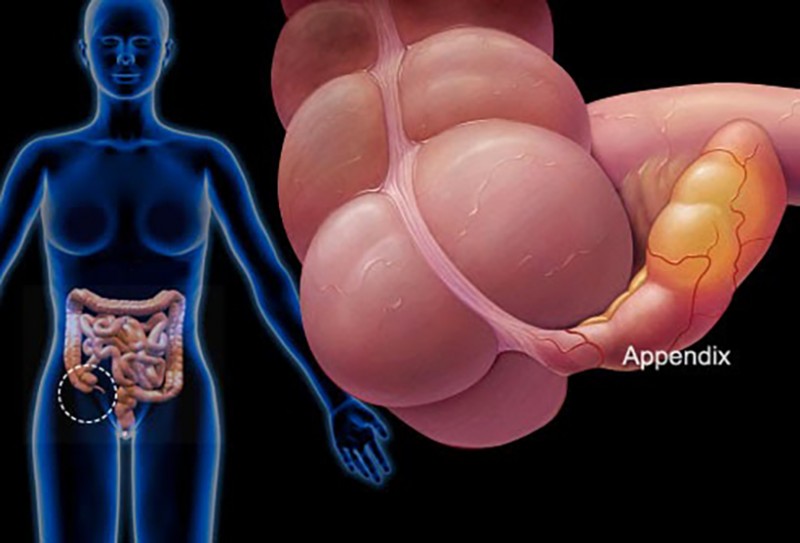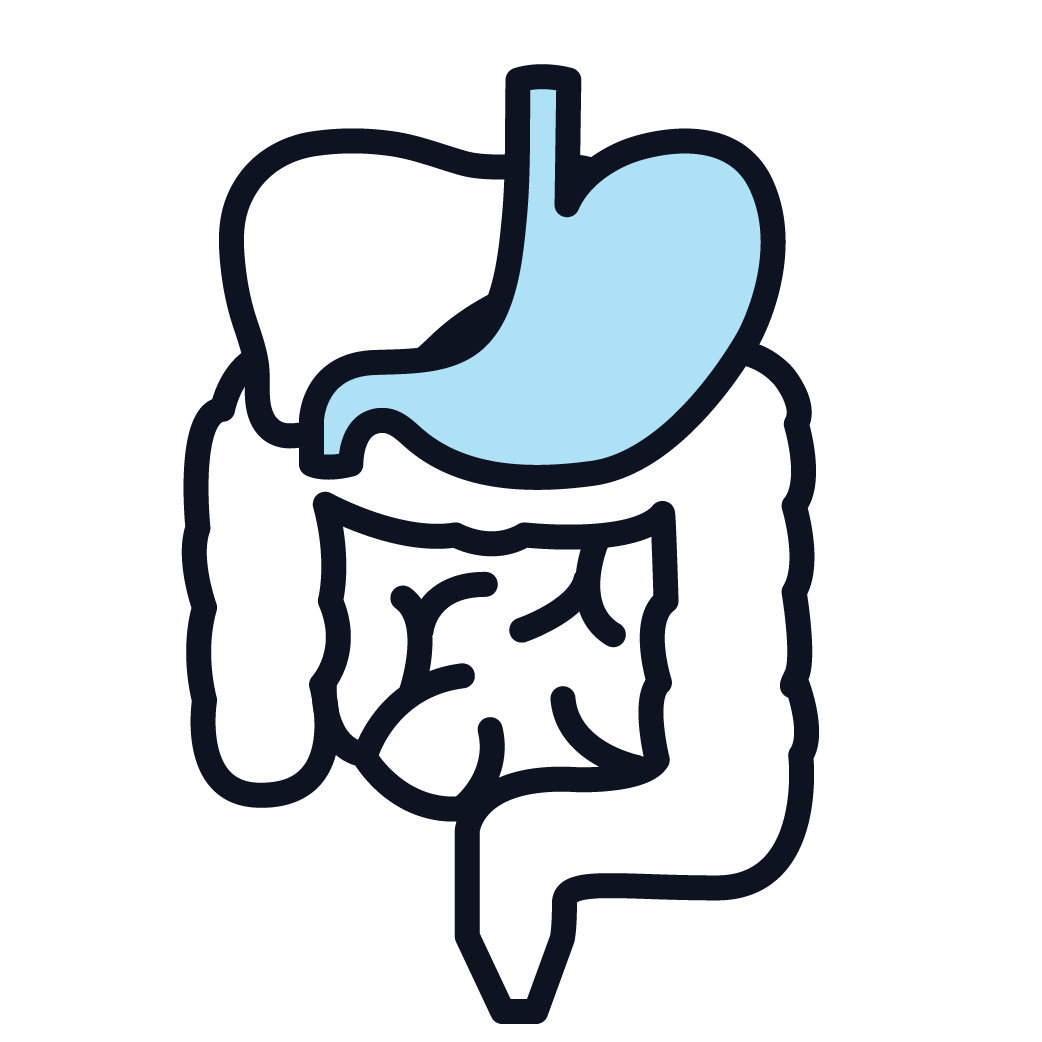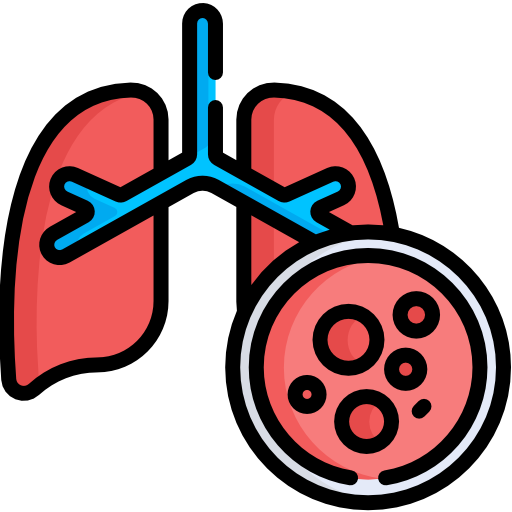Appendix is a little organ, part of your digestive system, is a pouch shaped like a finger. It’s in the lower right side of your belly and hangs down from your colon. Its purpose is to store good bacteria and play roles in your immune system and digestion. Cancer of the appendix is rare, but this disease can start in your appendix. Appendix Cancer is one of the rarest forms of cancer and also one of the deadliest. Statistics show that it attacks approximately 600 to 1000 people a year.
Appendix Cancer usually doesn't become apparent on its own account but rather when the patient is being treated for something else because there usually aren't any symptoms.
Appendix Cancer is usually divided into two groups :
- Carcinoid Tumors : Carcinoid tumors are usually found in women in their forties and most of them are found on the tip of the appendix, located in such a way that they do not obstruct any of the normal bodily functions and therefore do not give any warning signs. Small ones that have not become cancerous are usually dealt with simply by the removal of the tumor and the appendix. Larger ones require more aggressive surgery, and the right colon and lymph nodes in that area are usually removed in addition to the appendix and the tumor. This type of surgery is known as cytoreductive surgery. It is sometimes but not always followed by intravenous chemotherapy.
- Non - Carcinoid Tumors : Non-carcinoid tumors, also known as mucinous cystadenocarcinoma, grow on those cells which make up the lining of the inside of the appendix, known as the epithetial cells. In the production of these tumors, the epithetial cells form a gelatinous substance known as mucin.
Non-carcinoid tumors are apt to spread more rapidly through the abdominal region than are carcinoid tumors. Non-carcinoid tumors often become life threatening bowel obstructions. At this point, symptoms such as weight loss, atrophy of the muscles, loss of appetite and fatigue, abdominal pain and bloating, nausea, vomiting, constipation or diarrhea and the inability to pass gas become apparent, but only when the tumors have reached the last stages. It has also been noted that in these last stages some people develop a low temperature.
Appendix Cancer Signs and Symptoms may include :
- Bloating and a Large Belly
- Sharp pain in the lower right side of your belly
- Vomiting
- Nausea
- Fever
- Diarrhea or Hard Stools
- Pelvic Pain
- Hernias
- Shortness of Breath
- Loss of Appetite
- Blockages in your bowels




